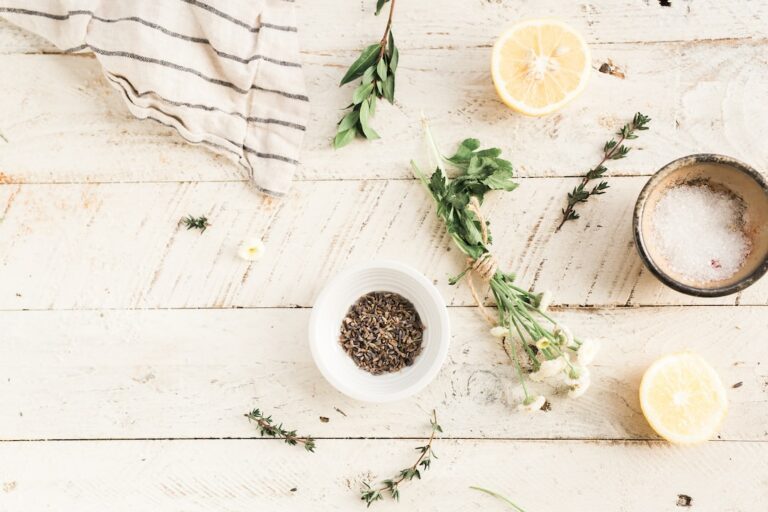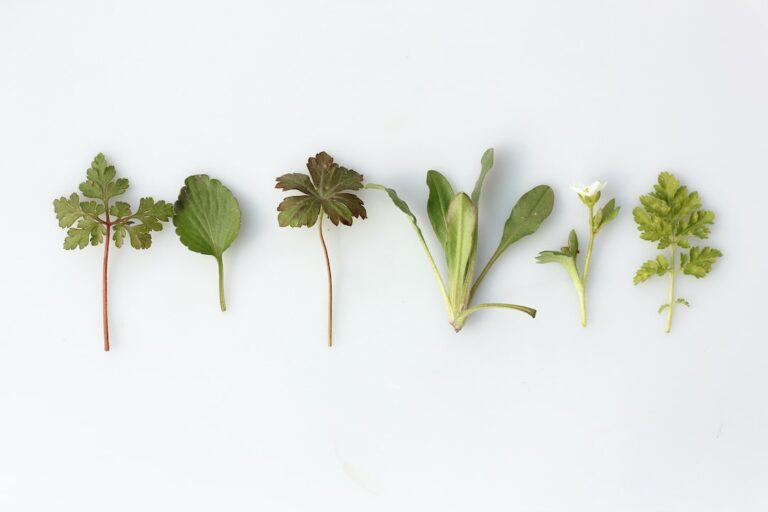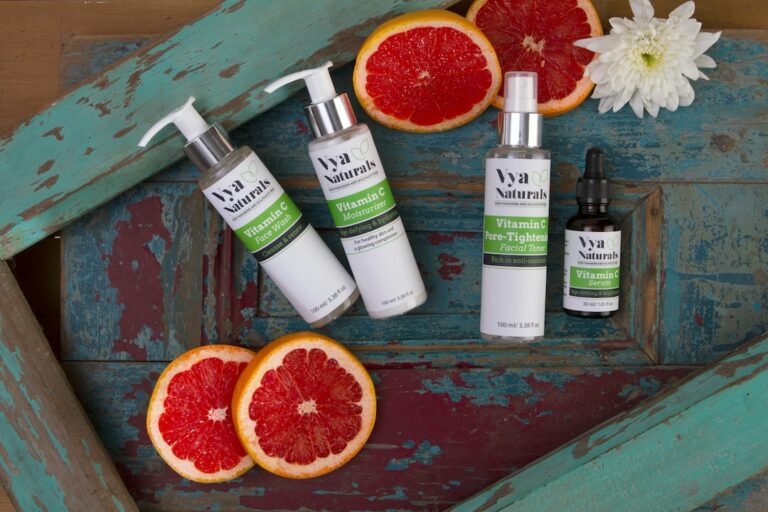Introduction
What are herbal pills?
Herbal pills are a type of dietary supplement that are derived from plants. They have been used for centuries in traditional medicine practices. Herbal pills are believed to provide various health benefits, such as improving digestion, boosting the immune system, and reducing inflammation. However, it is important to note that the safety of herbal pills can vary depending on the specific ingredients and manufacturing processes. Some herbal pills may interact with medications or have potential side effects. Therefore, it is crucial to consult with a healthcare professional before starting any herbal pill regimen. By doing so, individuals can ensure that they are taking herbal pills safely and effectively.
Benefits of herbal pills
Herbal pills have gained popularity in recent years due to their potential health benefits. They are derived from natural plant sources and are believed to be a safer alternative to synthetic medications. One of the key benefits of herbal pills is their ability to provide relief from various health conditions without the harsh side effects commonly associated with conventional drugs. Additionally, herbal pills are often considered to be more sustainable and environmentally friendly compared to traditional pharmaceuticals. It is important to note the difference between 100% natural and organic herbal pills. While both types are derived from natural sources, organic herbal pills are grown without the use of synthetic pesticides or fertilizers, making them a healthier choice for consumers. Overall, herbal pills offer a natural and holistic approach to health and wellness, providing individuals with a safe and effective option for managing their well-being.
Concerns about herbal pills
Herbal pills have gained popularity in recent years as a natural alternative to traditional medications. However, there are concerns about the safety and effectiveness of these pills. One of the main concerns is the lack of regulation and oversight in the herbal supplement industry. Without strict regulations, it is difficult to determine the quality and purity of the ingredients used in herbal pills. Another concern is the potential for interactions with other medications. It is important to consult with a healthcare professional before starting any herbal pill regimen, especially if you are taking prescription medications. Additionally, some herbal pills may have side effects or allergic reactions. It is important to carefully read the labels and instructions before taking any herbal pill. Overall, while herbal pills may offer potential benefits, it is important to approach them with caution and to prioritize safety and informed decision-making.
Safety of Herbal Pills

Regulation of herbal pills
Herbal pills have gained popularity in recent years as a natural alternative to traditional medications. However, many people have concerns about the safety of these products. The regulation of herbal pills is an important aspect to consider when evaluating their safety. Unlike pharmaceutical drugs, herbal pills are not subject to the same rigorous testing and approval processes by regulatory authorities. This lack of regulation can lead to inconsistencies in the quality and effectiveness of herbal pills. It is important for consumers to be cautious and well-informed when choosing herbal pills, as there may be potential risks associated with their use. To ensure safety, it is recommended to consult with a healthcare professional before starting any herbal pill regimen.
Potential risks and side effects
Herbal pills have gained popularity as a natural alternative to traditional medications. However, it is important to be aware of the potential risks and side effects associated with their use. One potential risk is the occurrence of panic attacks caused by Pfizer. Panic attacks are sudden episodes of intense fear and anxiety, accompanied by physical symptoms such as rapid heartbeat, shortness of breath, and dizziness. It is essential to consult with a healthcare professional before starting any herbal pill regimen to ensure safety and minimize the risk of adverse effects.
Interactions with other medications
Herbal pills are a popular form of alternative medicine that many people turn to for various health concerns. However, it is important to be aware of the potential interactions herbal pills may have with other medications. Interactions with other medications can occur when herbal pills and prescription drugs are taken together. This can lead to adverse effects or reduce the effectiveness of either the herbal pills or the medications. It is crucial to consult with a healthcare professional before starting any herbal pill regimen, especially if you are currently taking prescription medications. By doing so, you can ensure that you are using herbal pills safely and effectively. In addition, it is worth noting that alternative medicine for superbugs is an emerging field of research, with promising potential to combat antibiotic resistance. Stay informed about the latest developments in this area to make informed choices regarding your health.
Effectiveness of Herbal Pills

Scientific evidence
Scientific evidence has been crucial in determining the safety of herbal pills. Many individuals seek natural alternatives to prescription medications, such as xanax alternatives, for various reasons. Researchers have conducted numerous studies to evaluate the efficacy and potential side effects of herbal pills. These studies have provided valuable insights into the safety and effectiveness of herbal remedies. The scientific evidence surrounding herbal pills offers individuals the opportunity to make informed decisions about their health and well-being.
Placebo effect
The placebo effect is a phenomenon in which a person experiences a perceived improvement in their condition or symptoms, despite receiving an inactive substance or treatment. It is believed to be a result of the person’s belief or expectation that the treatment will be effective. The placebo effect has been observed in various medical studies and is considered to be a powerful tool in clinical trials. When it comes to herbal pills, the placebo effect can play a significant role in how individuals perceive their effectiveness. While scientific evidence may not support the actual efficacy of herbal pills, individuals who believe in their benefits may experience a placebo effect, leading them to believe that the pills are safe and effective.
Individual variations
Individual variations in response to herbal pills can occur due to several factors. Factors such as genetics, metabolism, and overall health can influence how individuals react to herbal pills. It is important to note that what may be safe for one person may not be safe for another. Therefore, it is crucial to consult with a healthcare professional before starting any herbal pill regimen. By doing so, individuals can ensure that they are taking the appropriate dosage and that the herbal pills are safe for their specific needs.
Choosing Herbal Pills

Consulting with a healthcare professional
Natural medicine refers to the use of natural remedies and therapies to promote health and well-being. It encompasses a wide range of practices, including herbal medicine, acupuncture, and dietary supplements. Many people turn to natural medicine as an alternative to conventional medical treatments, seeking to address health concerns in a holistic and non-invasive way. However, it is important to consult with a healthcare professional before incorporating any new treatments into your healthcare routine. They can provide guidance on the safety and effectiveness of herbal pills and other natural remedies, and help you make informed decisions about your health.
Researching the manufacturer
When it comes to researching the manufacturer of herbal pills, it is important to consider the quality and safety of the products. The manufacturer’s reputation, certifications, and adherence to Good Manufacturing Practices (GMP) are crucial factors to evaluate. Conducting thorough research on the manufacturer can provide valuable insights into their manufacturing processes, sourcing of ingredients, and overall commitment to producing safe and effective herbal pills. By ensuring that the manufacturer has a track record of providing high-quality products, consumers can have confidence in the safety and efficacy of the herbal pills they choose to consume.
Reading customer reviews
Reading customer reviews is an essential step in making informed decisions about herbal pills. By hearing directly from other customers, you can gain valuable insights into the effectiveness and safety of these products. When reading reviews, it is important to look for keywords such as holistic wellness, as these indicate that the product aligns with a comprehensive approach to health. Reviews that highlight the positive impact of herbal pills on holistic wellness can provide reassurance and confidence in their safety. Additionally, reviews that mention specific benefits or improvements experienced by customers can help you determine if the product is suitable for your individual needs. By taking the time to read customer reviews, you can make well-informed choices and prioritize your holistic wellness.
Conclusion

Summary of key points
Herbal pills have gained popularity as a natural alternative to traditional medicine. However, it is important to consider their safety before incorporating them into your healthcare routine. This article explores the question, ‘Are herbal pills safe?’ and provides a summary of key points to help you make an informed decision. It is crucial to note that while herbal pills can offer potential health benefits, they may also carry risks and side effects. Therefore, consulting with a healthcare professional is advisable before starting any herbal pill regimen. By understanding the potential benefits and risks associated with herbal pills, you can make an informed choice that aligns with your personal health goals.
Final thoughts
In conclusion, when it comes to the question of whether herbal pills are safe, it is important to consider the benefits and risks associated with natural medicine. While natural medicine can offer alternative treatment options and potential health benefits, it is crucial to consult with a healthcare professional before taking any herbal pills. Additionally, individuals should be aware of the potential side effects and interactions that herbal pills may have with other medications. It is also important to consider the credibility and quality of the herbal pills being used. As for job prospects in the field of natural medicine, there is a growing demand for professionals who specialize in herbal medicine and other forms of natural healing. With the increasing interest in holistic health and alternative therapies, individuals with expertise in natural medicine have the opportunity to contribute to the well-being of others and potentially pursue fulfilling careers in this field.
Future of herbal pills
The future of herbal pills looks promising, especially in the context of food-based antibacterial remedies. As more people turn to natural alternatives for their health and wellness needs, herbal pills are gaining popularity. These pills, made from plant-based ingredients, offer a holistic approach to healing and prevention. They are believed to have fewer side effects compared to synthetic medications. Additionally, the use of herbal pills aligns with the growing trend of sustainable and eco-friendly practices in the healthcare industry. With ongoing research and advancements in herbal medicine, the potential for developing effective food-based antibacterial remedies through herbal pills is exciting.
FAQ (Frequently Asked Questions)

Are herbal pills approved by the FDA?
Herbal pills are a popular alternative to traditional medicine, but many people wonder if they are safe to use. One common question is whether herbal pills are approved by the FDA. The FDA, or Food and Drug Administration, is responsible for regulating and ensuring the safety of medications and supplements in the United States. However, it is important to note that herbal pills are not subject to the same rigorous approval process as prescription drugs. While the FDA does not approve herbal pills specifically, they do regulate the manufacturing and labeling of these products to ensure they meet certain quality standards. It is important for consumers to do their research and consult with a healthcare professional before using herbal pills, as they may interact with other medications or have potential side effects.
Can herbal pills interact with prescription medications?
Yes, herbal pills can interact with prescription medications. It is important to be cautious when taking herbal pills alongside prescription medications, as these interactions can have serious consequences. Some herbal pills may interfere with the effectiveness of certain prescription medications, while others may enhance their effects or cause harmful side effects. It is crucial to consult with a healthcare professional before starting any herbal pills, especially if you are currently taking prescription medications. They can provide guidance on potential interactions and help ensure your safety and well-being.
What are some common herbal pills?
Herbal pills have gained popularity in recent years as a natural alternative to traditional medications. Many people are curious about the safety of these pills and whether they are a viable option for their health needs. In this article, we will explore the question, ‘Are herbal pills safe?’ and provide valuable information to help you make an informed decision. In this section, we will focus on some common herbal pills and their benefits.







































